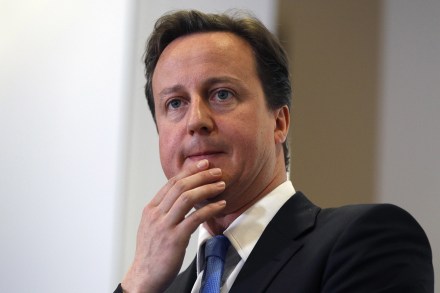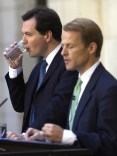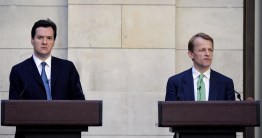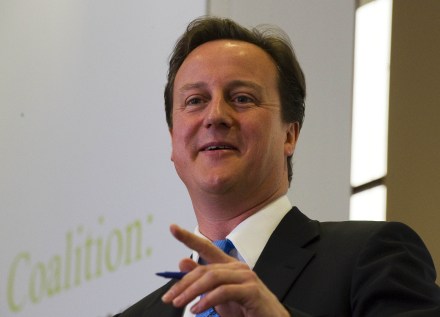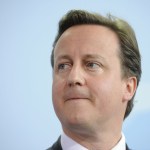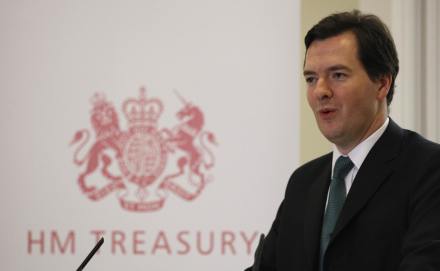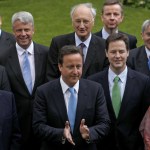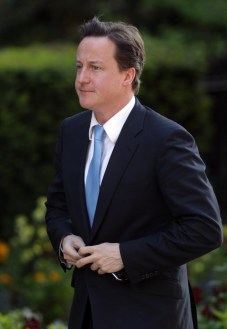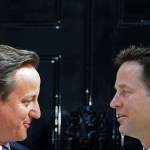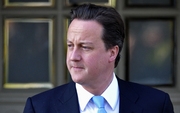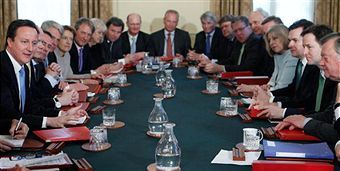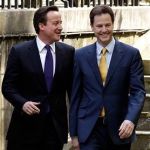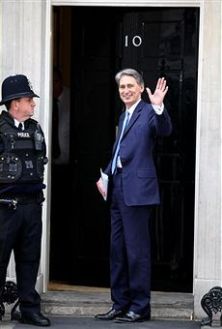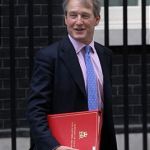The media helps the coalition’s fiscal cause
This feels like a watershed moment: a national newspaper devoting its cover to an image of the country’s “debt mountain,” with a small shaded-off area showing how little of it is covered by yesterday’s cuts. The paper in question is today’s Independent. And while the cover may not perfectly depict what’s going on with our public finances – yesterday’s cuts will reduce the government’s annual overspend, not the overall debt burden which will keep rising for years to come – it is still a powerful reminder of Brown’s toxic legacy. In some respects, the coalition might not appreciate this kind of focus: after all, politicians don’t much like mentioning the



